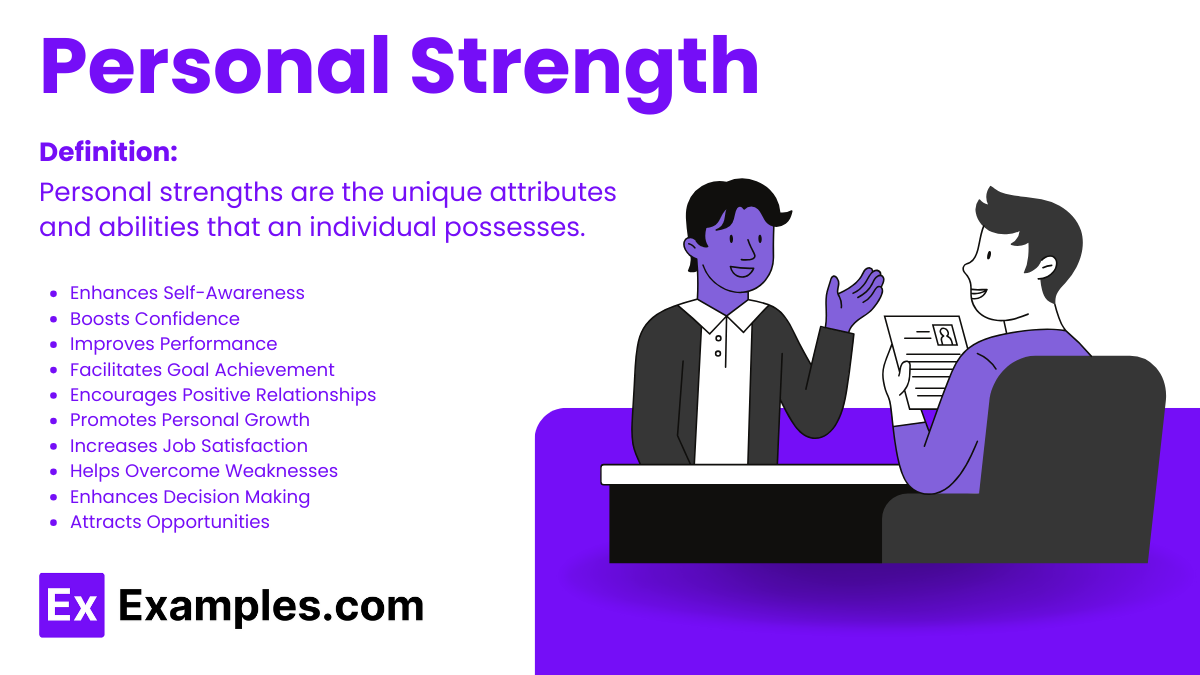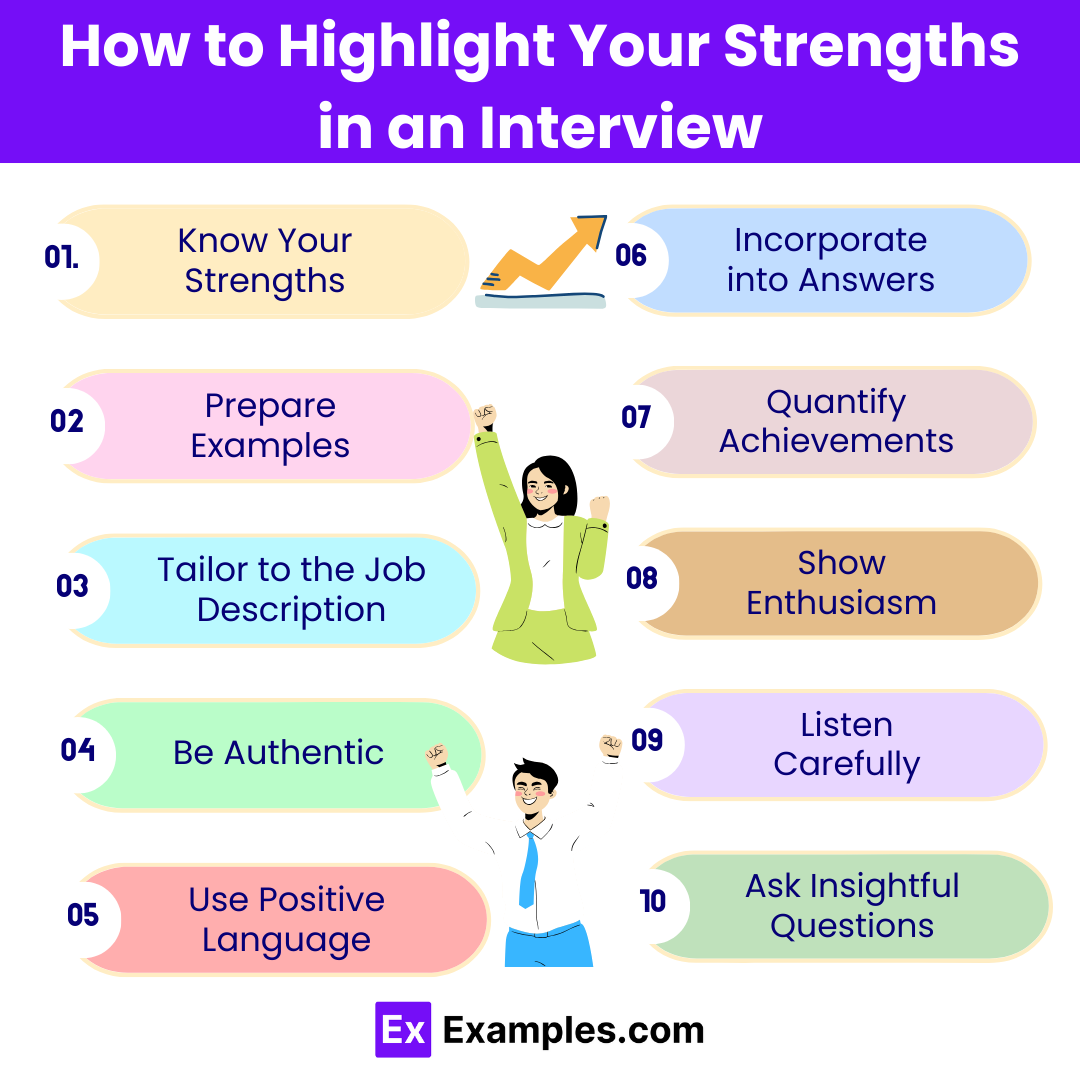29+ Personal Strengths Examples to Download
In the journey of personal and professional development, understanding one’s personal strengths is a crucial step. This article will provide you with 29+ examples of personal strengths, which you can use as a guide to identify your own. These examples can be easily accessed and utilized in Google Docs, Word, Apple Pages, or PDF.
What is Personal Strengths? – Definition
Personal strengths are the unique attributes and abilities that an individual possesses, which contribute to their overall effectiveness and success in various aspects of life. These strengths can include a wide range of skills, traits, and talents, such as effective communication, resilience, creativity, problem-solving capabilities, empathy, leadership qualities, and the ability to work well under pressure. Identifying and leveraging one’s personal strengths can lead to improved performance, increased satisfaction, and a more fulfilling personal and professional life. Personal strengths are foundational to personal development, enabling individuals to build on their innate capabilities while working on areas of improvement.
Types of personal strength
- Intellectual Strengths: Critical thinking, creativity, curiosity, love of learning, and open-mindedness. These strengths are related to cognitive abilities and the way one processes and understands information.
- Emotional Strengths: Emotional intelligence, resilience, self-regulation, optimism, and courage. These strengths involve understanding and managing one’s emotions, as well as empathizing with others.
- Interpersonal Strengths: Communication skills, teamwork, empathy, leadership, and the ability to influence others. These strengths are crucial for effective interaction and relationship-building with others.
- Character Strengths: Integrity, bravery, perseverance, humility, and gratitude. These strengths reflect one’s moral compass and the virtues that guide behavior and decision-making.
- Physical Strengths: Stamina, physical resilience, and overall health and wellness. These strengths are about the physical capabilities and endurance of the body.
- Creative Strengths: Innovation, artistic ability, originality, and the capacity to see new possibilities. These strengths are related to expressing oneself and creating new ideas or objects.
- Practical Strengths: Organization, time management, strategic planning, and resourcefulness. These strengths help in effectively managing tasks, solving problems, and achieving goals.
How to Highlight your Strengths in an Interview
- Know Your Strengths: Clearly define your key strengths before the interview. Consider both hard skills (technical abilities) and soft skills (interpersonal skills, problem-solving, etc.).
- Prepare Examples: Have concrete examples ready that demonstrate your strengths in action. Use the STAR method (Situation, Task, Action, Result) to structure your stories compellingly.
- Tailor to the Job Description: Match your strengths with the skills and qualities the employer is seeking. Highlight the strengths most relevant to the job.
- Be Authentic: Choose strengths that truly represent your abilities and experiences. Authenticity resonates more with interviewers.
- Use Positive Language: Speak positively about your strengths and achievements. Avoid undermining your abilities with qualifiers like “just” or “only.”
- Incorporate into Answers: Weave your strengths into your answers to various questions, not just when directly asked about them. This shows their relevance across different contexts.
- Quantify Achievements: Where possible, use numbers or specific outcomes to quantify how your strengths have led to successes in past roles.
- Show Enthusiasm: Your passion when discussing your strengths and achievements can be infectious and memorable.
- Listen Carefully: Tailor your responses about your strengths based on the interviewer’s questions and the conversation’s direction, ensuring relevance and engagement.
- Ask Insightful Questions: When it’s your turn to ask questions, choose ones that allow you to highlight additional strengths indirectly.
Importance of Emphasizing Personal Strengths
- Enhances Self-Awareness: Recognizing and focusing on your strengths helps you understand your capabilities and how they can be applied in various situations.
- Boosts Confidence: Being aware of your strengths increases self-confidence, allowing you to tackle challenges more effectively and assert yourself in personal and professional settings.
- Improves Performance: Leveraging your strengths can lead to better performance, as you’re utilizing skills and abilities in which you naturally excel.
- Facilitates Goal Achievement: Understanding your strengths helps you set and achieve realistic goals by aligning your efforts with your inherent capabilities.
- Encourages Positive Relationships: When you know your strengths, you can contribute more effectively to teams, fostering better collaboration and interpersonal relations.
- Promotes Personal Growth: Focusing on strengths can inspire you to develop and enhance these attributes further, leading to continuous personal and professional growth.
- Increases Job Satisfaction: Using your strengths at work can lead to greater job satisfaction, as you’re more likely to enjoy tasks that you’re good at and find meaningful.
- Helps Overcome Weaknesses: By emphasizing strengths, you can compensate for or improve areas of weakness, creating a more balanced skill set.
- Enhances Decision Making: Knowing your strengths can guide your decisions, ensuring they align with your abilities and long-term goals.
- Attracts Opportunities: Highlighting your strengths makes you more attractive to potential employers, mentors, and collaborators, opening doors to new opportunities
Personal Strengths Examples
1. Resume Example
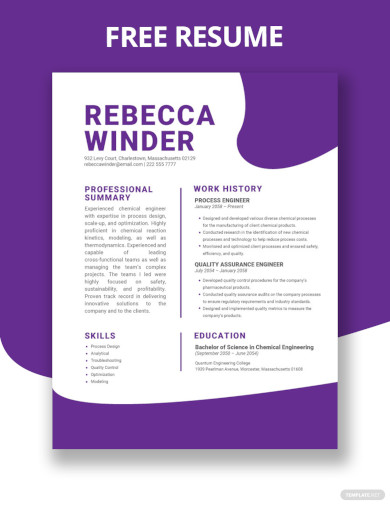
2. Swort Chart Example
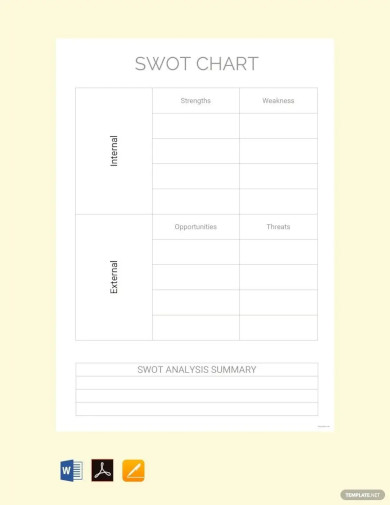
3. Student Personal Strengths Example
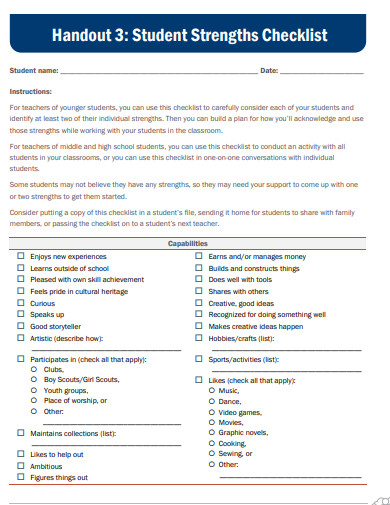
safesupportivelearning.ed.gov
4. Personal Strengths for Resume Example
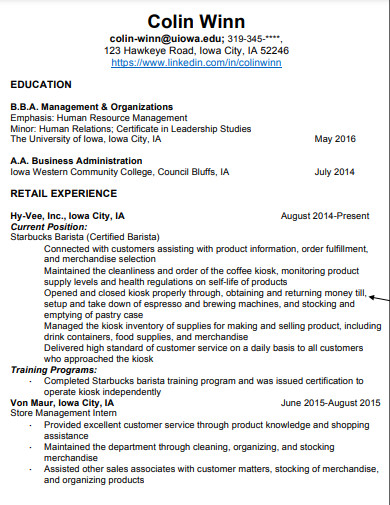
careers.uiowa.edu
5. Work Personal Strengths Example
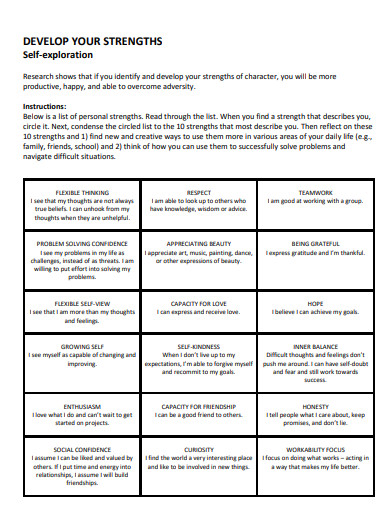
winona.edu
6. Positive Psychology Personal Strengths Example
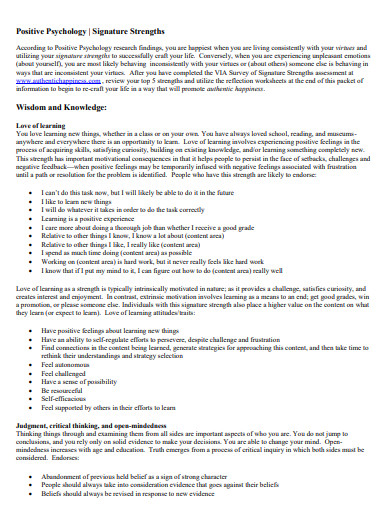
fredonia.edu
7. Swot Personal Strengths Example
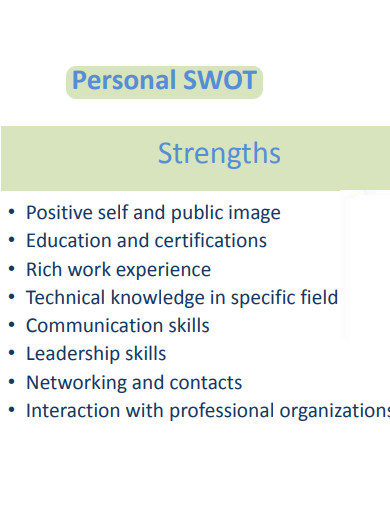
lpu.in
8. Professional Personal Strengths
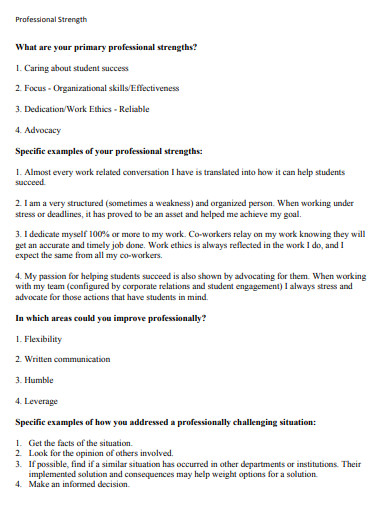
bpb-us-e1.wpmucdn.com
9. Character Personal Strengths Example
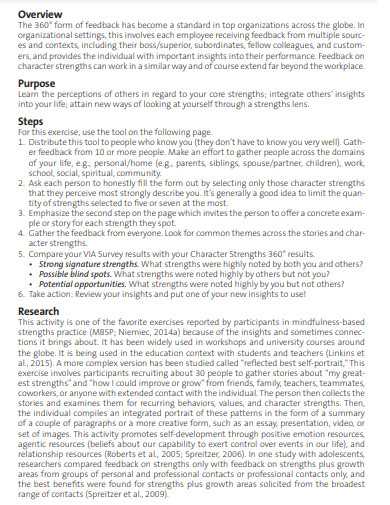
viacharacter.org
10. Job Interview Personal Strengths Example
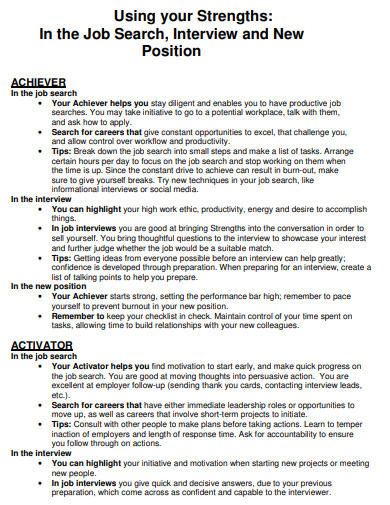
wtamu.edu
11. Sample Personal Strengths Example
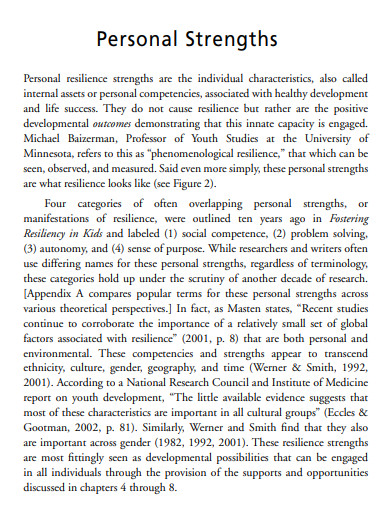
wested.org
12. Identifying Personal Strengths Example
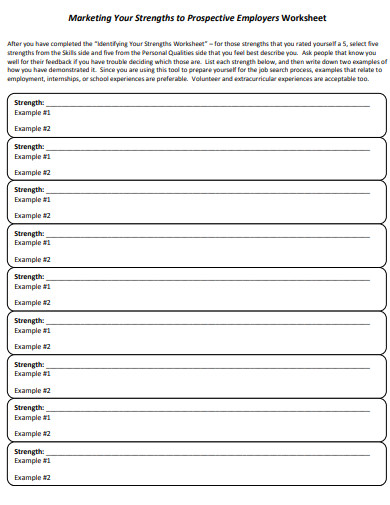
viterbicareers.usc.edu
13. Personal Strengths Weakness Example
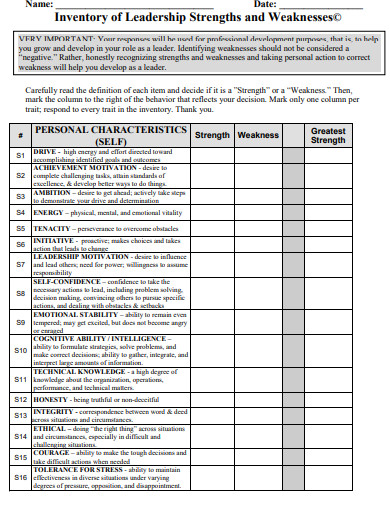
wku.edu
14. Personal Strengths Essay Example
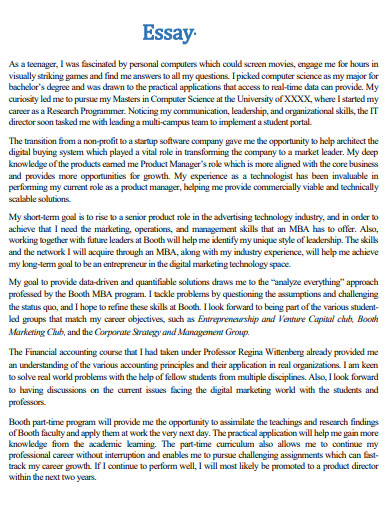
myessayreview.com
15. Personal Strengths Analysis Example
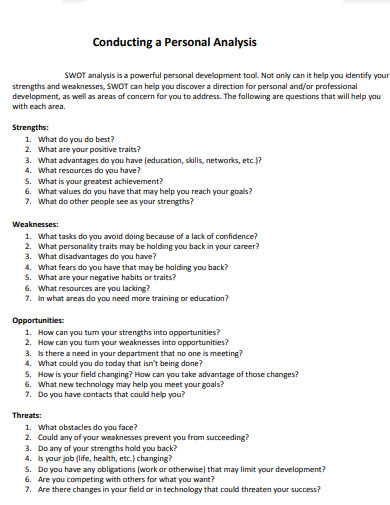
civilservice.louisiana.gov
16. Grade 4 Personal Strengths Example
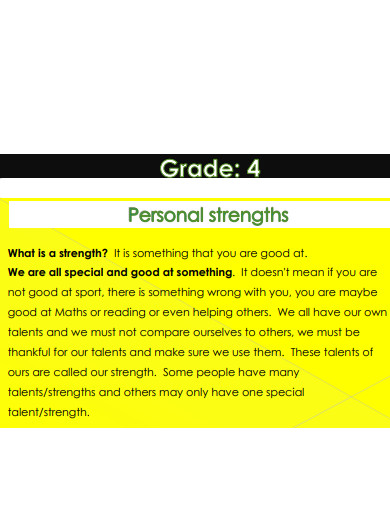
pitlochryps.co.za
17. Personality Strengths Example
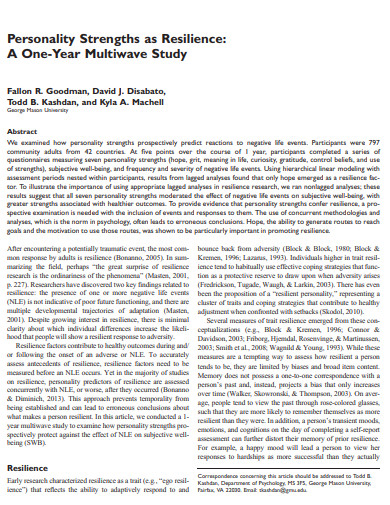
static1.squarespace.com
18. College Student Personal Strengths Example
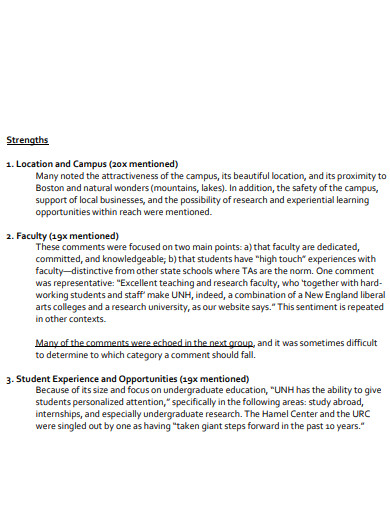
unh.edu
19. Business Personal Strengths Example
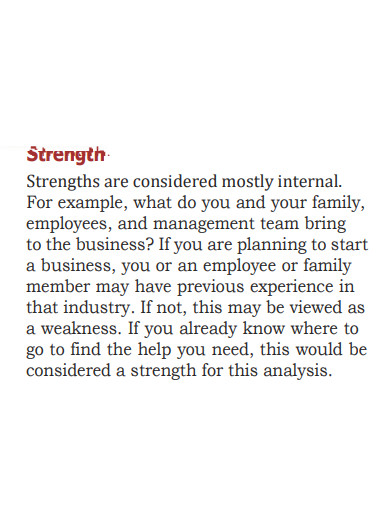
rma.usda.gov
20. Personal Strengths Assessment Example
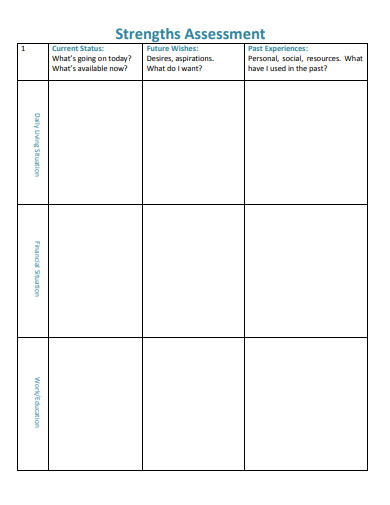
healthsciences.unimelb.edu.au
21. Internal Personal Strengths Example
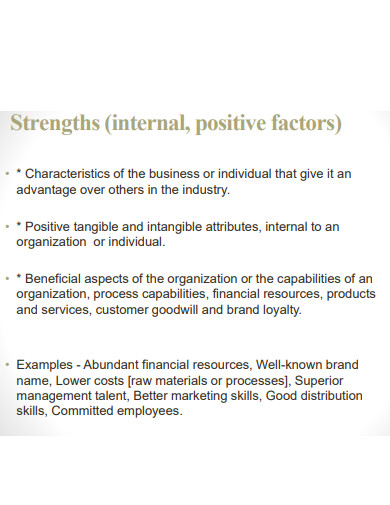
uj.edu.sa
22. Academic Personal Strengths Example
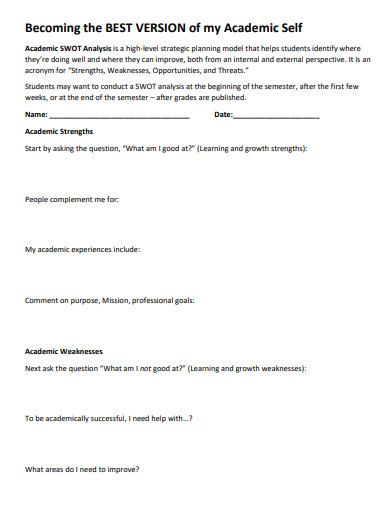
engineering.vanderbilt.edu
23. School Personal Strengths Example
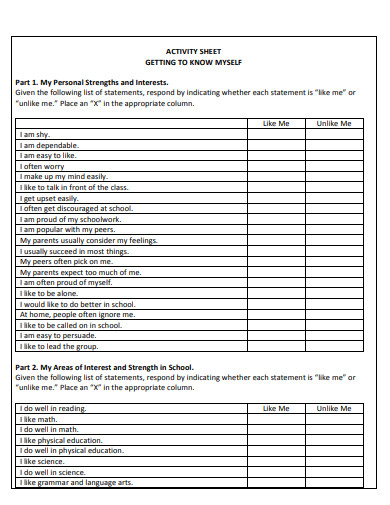
exploring.org
24. Simple Personal Strengths Example
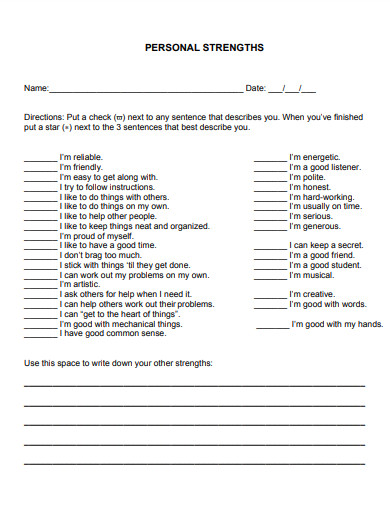
cdnsm5-ss11.sharpschool.com
25. Personal Strengths List Example
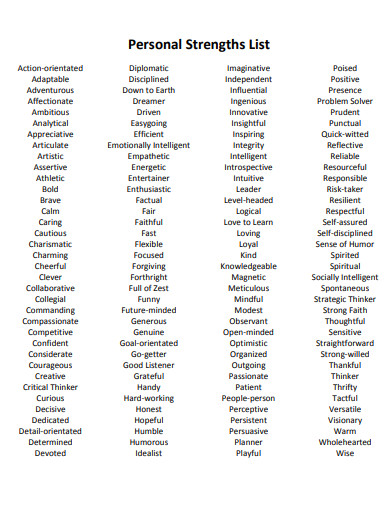
livewellmcallen.com
26. Personal Strengths Format
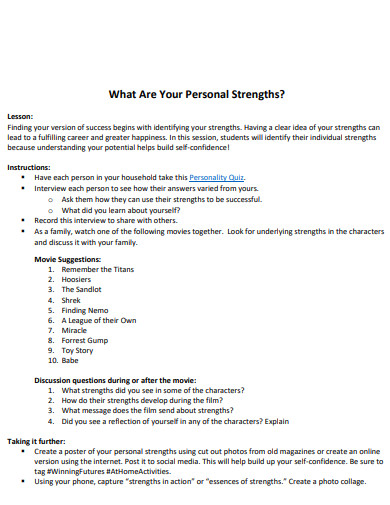
winningfutures.org
27. Personal Small Business Strengths Example
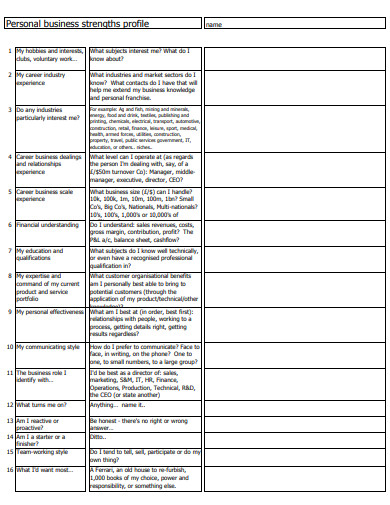
businessballs.com
28. General Personal Strengths Example
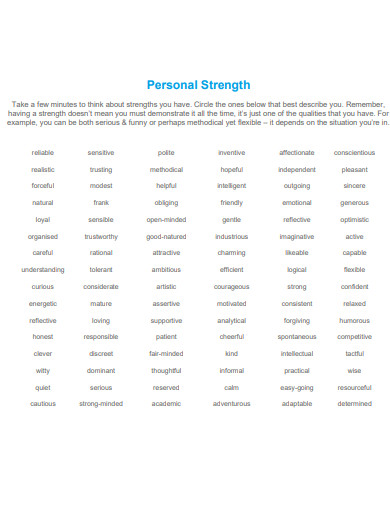
cancersupportscotland.org
29. Printable Personal Strengths Example
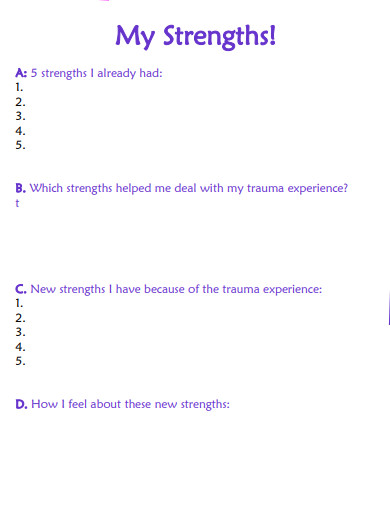
depts.washington.edu
30. Personal Strengths Layout Example
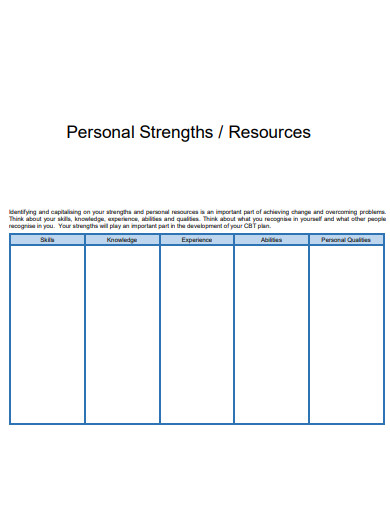
thinkcbt.com
How To Emphasize Your Personal Strengths During an Interview
- Prepare Relevant Examples: Identify key strengths and prepare specific examples that demonstrate these attributes using the STAR method.
- Match Your Strengths to the Job Description: Tailor examples to align with the employer’s needs as outlined in the job description.
- Be Authentic: Choose strengths that genuinely represent your work ethic and personality.
- Use Positive Language: Frame your strengths in a positive light, focusing on effectiveness and success.
- Incorporate Strengths in Various Answers: Weave your strengths into answers to different interview questions, beyond direct inquiries about them.
- Highlight Benefits to the Team or Company: Discuss how your strengths have positively impacted previous teams or projects and how they can benefit the potential employer.
- Show Enthusiasm: Demonstrate passion when discussing your strengths and achievements.
- Practice Your Responses: Rehearse your answers to discuss your strengths fluently and confidently.
- Ask Strategic Questions:Use questions at the end of the interview to indirectly highlight additional strengths.
- Follow Up: Reinforce key strengths in a thank-you note sent after the interview.
Strengths for Decision Making and Judgment
Strengths that enhance decision-making and judgment capabilities are vital in both personal and professional contexts. These strengths enable individuals to analyze information effectively, consider the consequences of various actions, and make choices that lead to optimal outcomes. Here are some key strengths related to decision-making and judgment:
- Critical Thinking: The ability to logically analyze situations, identify potential outcomes, and evaluate solutions critically.
- Analytical Skills: Proficiency in breaking down complex information or problems into manageable parts for easier understanding and analysis.
- Emotional Intelligence: The capacity to understand and manage one’s emotions and empathize with others, which aids in making more informed, compassionate decisions.
- Problem-Solving: The talent for identifying problems and developing creative, effective solutions.
- Risk Assessment: The skill to evaluate the potential risks and benefits of different actions, making it possible to choose the most advantageous path with calculated risks.
- Intuition: Sometimes, gut feelings or instincts can guide decision-making, especially in uncertain or ambiguous situations.
- Ethical Judgment: The ability to make decisions based on moral principles and values, ensuring fairness and integrity.
- Strategic Thinking: Planning and thinking ahead to make decisions that align with long-term goals or outcomes.
- Adaptability: Being flexible and open to changing one’s approach based on new information or unexpected situations, which is crucial for sound decision-making.
- Confidence: Trusting in one’s abilities and judgments to make decisions without undue hesitation.
- Resilience: The capacity to bounce back from poor decisions, learn from mistakes, and make better choices in the future.
- Collaboration: The ability to work with others, gather diverse perspectives, and make more informed decisions through collective input.
Personal and Professional Strength-Building
Personal Strength-Building
- Self-Reflection: Regularly assess your strengths and weaknesses to understand where you can improve or leverage your abilities more effectively.
- Set Personal Goals: Define clear, achievable goals that align with your strengths and areas for growth. This direction helps to focus your personal development efforts.
- Seek Feedback: Obtain feedback from friends, family, and mentors to gain insights into your strengths and areas where you can improve.
- Embrace Challenges: Step out of your comfort zone and embrace new challenges. This can help to uncover hidden strengths and areas for personal growth.
- Practice Mindfulness: Develop emotional intelligence and resilience by practicing mindfulness and stress management techniques.
- Lifelong Learning: Engage in continuous learning through courses, reading, workshops, and other educational opportunities to enhance your knowledge and skills.
Professional Strength-Building
- Professional Development: Take advantage of professional development opportunities, including training, conferences, and seminars, to build on your existing strengths and acquire new skills.
- Networking: Build and maintain professional relationships that can provide support, advice, and opportunities for collaboration.
- Mentorship: Seek mentorship or become a mentor to learn from the experiences of others and share your knowledge, respectively.
- Seek Challenging Projects: Volunteer for challenging projects at work that push you to utilize and develop your strengths further.
- Feedback and Review: Regularly solicit constructive feedback from supervisors and colleagues to understand how you can improve and where your strengths are most effectively utilized.
- Work-Life Balance: Maintain a healthy work-life balance to ensure you have the energy and motivation to pursue professional development actively.
How to Determine Personal Strengths
Before we delve into the examples, it’s important to understand how to identify your personal strengths. Here’s a step-by-step guide:
Step 1: Self-reflection
Start by reflecting on your past experiences. Consider situations where you’ve excelled or felt most comfortable. This could be anything from a project at work, a hobby, or even a challenging situation you’ve overcome.
Step 2: Seek feedback from others
Ask for feedback from those who know you well. This could be friends, family, or colleagues. They can provide an outside perspective on your strengths, which you might have overlooked.
Step 3: Use Assessment Tools
Consider using developmental assessment tools. These tools, like the ones mentioned in the “10+ Developmental Assessment Examples” article, can provide a structured way to identify your strengths.
Step 4: Analyze and List Your Strengths
After gathering all this information, analyze it and list down your strengths. You can use the “29+ Personal Bio Examples in Google Docs, Word, PDF, and Apple Pages” as a guide to format your strengths.
FAQs
1. How can I use my personal strengths in a job application?
You can highlight your personal strengths in your resume and cover letter. For instance, you can refer to the “Good Resume” and “35+ Professional Letter Format Examples” articles for guidance on how to effectively incorporate your strengths.
2. How can I answer the question, “Tell me about yourself,” in an interview?
You can use your personal strengths to answer this question. The “23+ Tell me About Yourself Answer Examples in PDF, Word” article provides excellent examples of how to do this.
What are the Three Greatest Personal Strengths?
The three greatest personal strengths often cited include emotional intelligence, resilience, and adaptability. Emotional intelligence enables effective interpersonal interactions, resilience allows individuals to bounce back from setbacks, and adaptability ensures they can thrive in changing environments.
What are the Top Six Strengths?
The top six strengths generally recognized are leadership, communication, problem-solving, teamwork, creativity, and work ethic. These strengths are highly valued across various professional fields for their contribution to successful outcomes and team dynamics.
What are Six Character Strengths?
Six key character strengths include wisdom, courage, humanity, justice, temperance, and transcendence. These virtues, derived from positive psychology, encompass traits like empathy, fairness, self-regulation, and appreciation of beauty, contributing to overall well-being and fulfillment.
What are the Big Five Personality Strengths?
The Big Five personality traits, which some interpret as strengths, are openness, conscientiousness, extraversion, agreeableness, and neuroticism (emotional stability). These traits describe broad dimensions of personality and influence individual behavior and interactions.
Can You List 3 Key Strengths That You Would Use to Describe Yourself?
Three key strengths I might use to describe myself could include analytical thinking, for the ability to solve complex problems; empathy, for understanding and connecting with others; and dependability, indicating reliability and consistency in personal and professional contexts.
3. How can I use my personal strengths to achieve my goals?
Your personal strengths can be used as a foundation to build your goals. The “24+ Goals” article provides a comprehensive guide on how to set and achieve goals using your strengths.
Understanding your personal strengths is a powerful tool for personal and professional development. By identifying and leveraging these strengths, you can enhance your performance, achieve your goals, and improve your overall well-being. Remember, your strengths are unique to you, and they are what set you apart from others.


